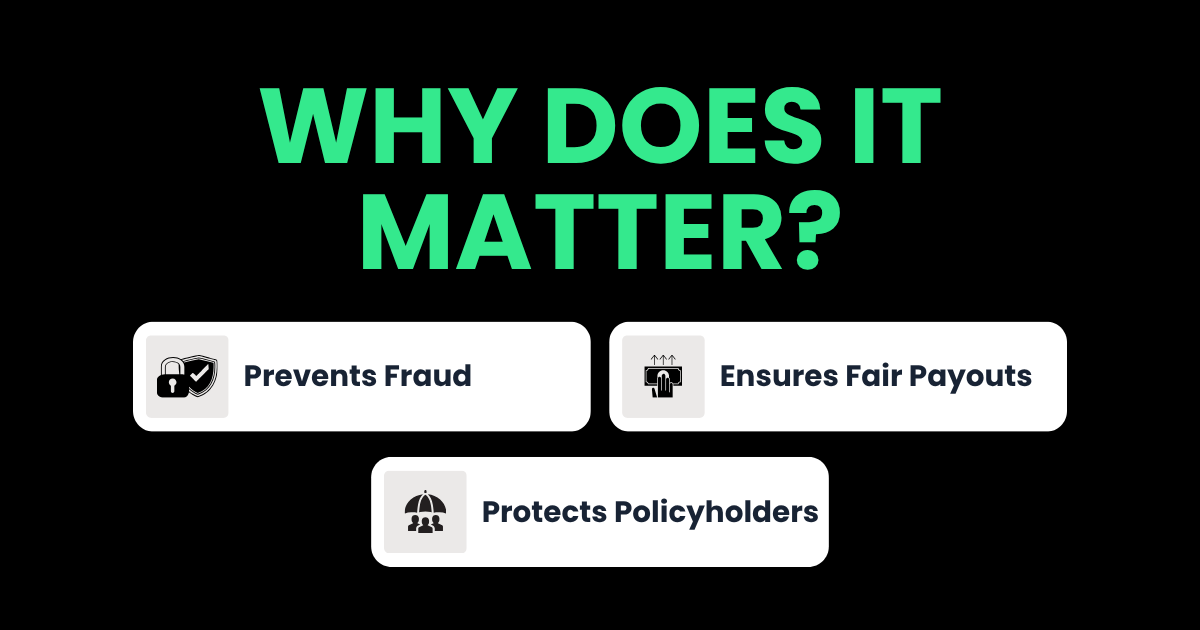Contents
Ever wondered what makes you eligible to take out an insurance policy?
Maybe you’re a business owner looking to cover your shop or a homeowner thinking about protecting your property. The key to it all is insurable interest.
Understanding What Insurable Interest Is

Insurable interest is the financial or emotional stake you have in something you want to insure. It means you’d suffer a real loss, be it financially or otherwise, if that thing were damaged, lost or destroyed.
Insurance companies in Australia require you to have an insurable interest to prevent people from taking out policies on things they don’t care about or wouldn’t be affected by.
Think of it this way: you wouldn’t insure your neighbour’s car because you don’t own it, drive it or rely on it. If it gets stolen, it’s not really your problem. But if it’s your car, you’d be out of pocket without it, so you have an insurable interest.
This concept is a cornerstone of insurance in Australia as outlined in the Insurance Contracts Act 1984. It ensures insurance is used for genuine protection, not speculation or profit.
Why Does Insurable Interest Matter?

Insurable interest keeps insurance fair and practical. Here’s why it’s important:
- Prevents Fraud: Without insurable interest, anyone could take out a policy on anything, leading to potential scams. For example, you can’t insure a random building you don’t own in hopes of cashing in if it burns down.
- Ensures Fair Payouts: Insurance is meant to help you recover from a loss, not make a profit. Insurable interest ties the policy to your actual financial stake.
- Protects Policyholders: It ensures that only those with a legitimate connection to the insured item can claim, keeping premiums reasonable for everyone.
Some Examples of Insurable Interest in Everyday Life
To make this clearer, let’s look at some common scenarios where insurable interest applies:
- Home Insurance: If you own a house, you have an insurable interest because you’d face a financial loss if it were damaged by fire or flood.
If you’re renting, you might have an insurable interest in your belongings, but not the building itself because that’s the landlord’s responsibility. - Motor Vehicle Insurance: As the owner of a car, you have an insurable interest. If you’ve got a car loan, the lender might also have an insurable interest until the loan is paid off.
- Business Insurance: If you run a small business, you have an insurable interest in your equipment, stock or premises. Say, a café owner has an insurable interest in their coffee machine and furniture.
These show how insurable interest applies to things you own, rely on or have a legal responsibility for.
At Tank Insurance, we see how understanding insurable interest helps clients choose the right policies, whether protecting a family home or a restaurant. Want to learn more? Get in touch with our team today and read our blog!
Let’s find a policy that matches your situation!